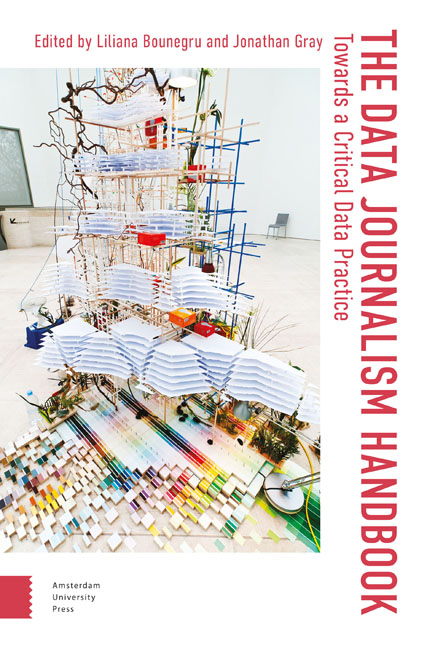12 - Reassembling Public Data in Cuba: Collaborations When Information Is Missing, Outdated or Scarce
Summary
Abstract
How a small data journalism team in Cuba fights against the lack of data.
Keywords: Cuba, scarce data, data learning, artificial intelligence, data journalism, researcher–journalist collaborations
Postdata.club is a small team. We started as four journalists and a specialist in mathematics and computer science, who, in 2014, decided to venture together into data journalism in Cuba. Until that moment, there was no media outlet that was explicitly dedicated to data journalism in Cuba and we were interested in understanding what the practice entailed.
Today we are two journalists and a data scientist working in our free time on data stories for Postdata.club. Data journalism does not feature in our daily jobs. Saimi Reyes is editor of a cultural website, Yudivian Almeida is a professor of the School of Math and Computer Science at the University of Havana, and Ernesto Guerra is a journalist at a popular science and technology magazine. Our purpose is to be not just a media organization, but an experimental space where it is possible to explore and learn about the nation we live in with and through data.
Postdata.club lives on GitHub. This is because we want to share not just stories but also the way we do research and investigations. Depending on the requirements of the story we want to tell, we decide on the resources we will use, be they graphics, images, videos or audio. We focus on journalism with social impact, sometimes long-form, sometimes short-form. We are interested in all the subjects that we can approach with data, but, above all, those related to Cuba or its people.
The way we approach our investigations depends on the data that we have access to. Sometimes we have access to public and open databases. With these, we undertake data analyses to see if there may be a story to tell. Sometimes we have questions and go to the data to find answers that could constitute a story. In other cases, we explore the data and, in the process, find interesting leads or questions which may be answered by data we do not yet hold.
Other times—and on more than a few occasions—to support our analysis and investigations, we have to create databases ourselves based on information that is public but not properly structured.
Information
- Type
- Chapter
- Information
- The Data Journalism HandbookTowards A Critical Data Practice, pp. 87 - 90Publisher: Amsterdam University PressPrint publication year: 2021
